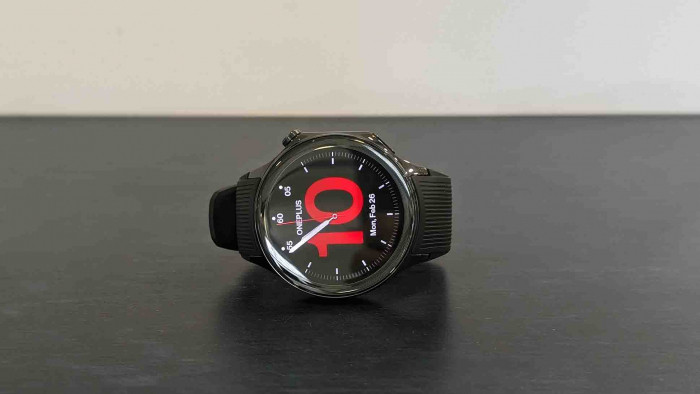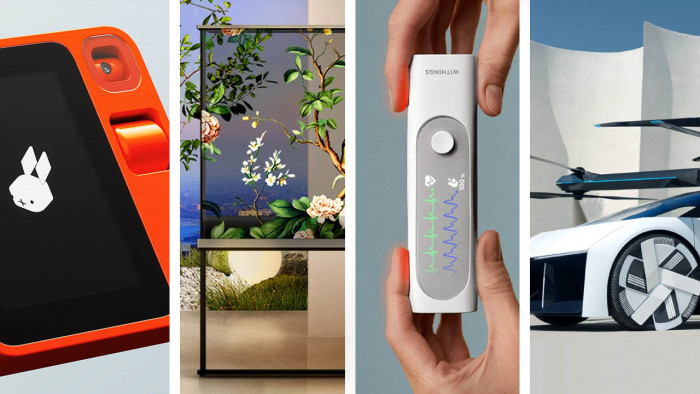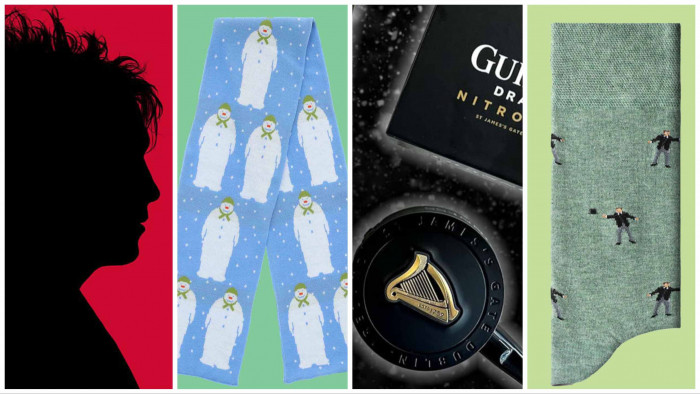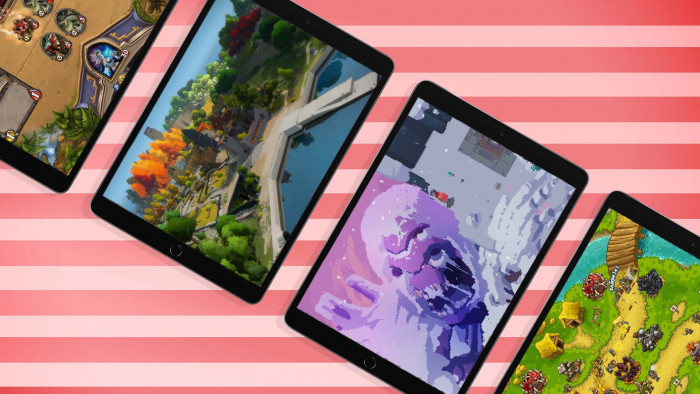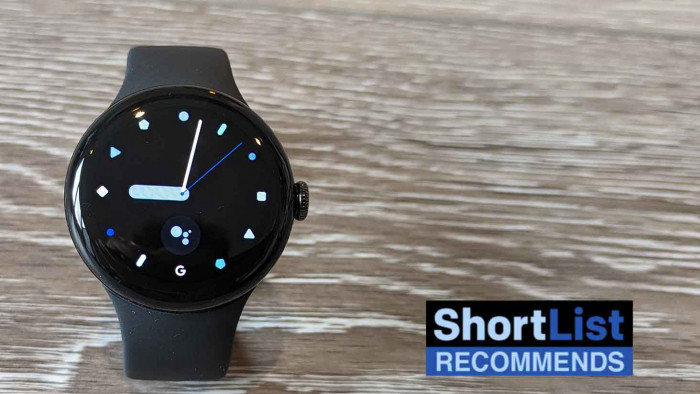Why the LGBTQ+ community need more from you in 2018
Despite all the progress made in parliament, the LGBTQ fight for equality – and safety – is far from won


We all have a coming out story. And it’s not uncommon for members of the LGBTQ community to be asked about theirs, whether by straight people seeking to learn more or by other queer people when we socialise. Wherever we identify on the LGBTQ spectrum, the sheer act of understanding our sexuality (or gender), and owning it outwardly, bonds us. It is at once intimate and universal.
But it is not a one-off. To come out is to come out for the first time, and many times after that. We come out to ourselves and then our loved ones. We come out to colleagues and peers; we come out to new people and old friends; to hotel staff giving us two single beds, and to fellow wedding guests who make assumptions. And we will always have to come out, again and again, then maybe once more, because heterosexuality is still considered the expectation and the default, which will still be considered ‘normal’, whether we like it or not.
What’s harder to articulate, in my experience, is how and why we make those choices – those moments where queer people decide to be open and honest about their sexuality or gender, and those times when, for whatever reason, they don’t. It may not be immediately clear what it is that holds us back from being completely out and open sometimes. But to be queer is to constantly monitor the world around us and judge our own safety.
RELATED: This is what the colours on the Pride flag actually mean

In 2014 same-sex marriage was legalised in the UK and with it came the sense that the LGBTQ community has been afforded a historic level of equality. But nearly four years on, and with the threat of being chucked in prison or executed well eroded, it is still not safe to be LGBTQ in the UK. The fight for equal treatment – on the streets, in taxis, in supermarkets and bars – is far from over.
According to YouGov, 42 per cent of LGBTQ+ Londoners have been a victim of a hate crime in the past 12 months. And, worryingly, four in five anti-LGBTQ hate crimes go unreported to police.
The reality is that there’s still long way to go if we want the LGBTQ community to feel safe. We continue to face violence and assaults all too often, and our rights continue to be challenged by straight people. And it’s not only the fully fledged homophobes who are responsible; there are cultural blindspots and microaggressions that supposedly progressive people are still complicit in from day to day. You might be guilty of them yourself, even if you’re tolerant, liberal, open-minded. True equality extends beyond laws and tackles everyday behaviour, and that could be the greatest barrier to overcome for the LGBTQ community and its allies in Britain today.
There’s something almost spiritual for LGBTQ people about the ritual of going out in queer spaces, especially in the first few years on the scene. Being out, and out, is liberating. Dancing, snogging or simply existing without a straight gaze feels empowering. Adolescence is a universally complex and lonely experience, but tougher still for young queer people navigating the world. The club, therefore, is sacred – a place of pilgrimage to find your people; to explore friendships, lust and love. That’s why invasions of that space are so distressing, from the extreme – such as the 2016 Pulse nightclub shooting, the deadliest incident of violence against LGBTQ people in US history – to the everyday.
“There are cultural blindspots that supposedly progressive people are still complicit in”
In October 2017, then 19-year-old Will Mayrick was heading to a club night where lewks – fancy dress – are a must. It was the Saturday night of Halloween weekend when his group of friends took their seats in an empty Jubilee line carriage. Will was dressed as a unicorn.
He explains that when three guys got on the train at Canning Town, their joy curdled into fear. “They had bottles of Lambrini in their hands. As the train started moving they began to get aggressive, shouting homophobic abuse.” “Fucking queers”, “fag” and “you fucking gays” were all yelled in his direction.
At first, Will tried to ignore and rise above it – something we all feel conditioned to do in public. “Sometimes you decide it’s not worth challenging, not worth the hassle,” he says. “But it got the point where we couldn’t sit there any longer. My friend, who is also gay, said, ‘That’s not OK.’” The verbal abuse continued. Then the aggressors stood up and made a move towards them.
“I got up and said, ‘Come on mate, give it a rest’ and this guy put me in a headlock, another took my phone out of my hand. They were threatening me, the grip of the one with his hand around my neck was getting tighter and tighter. They told me to apologise, shouted, ‘You fucking queer!’ I was scared, but I wouldn’t apologise – I was not sorry. But I couldn’t breathe.” It later transpired, following their conviction, that Will’s attackers were just 16 and 17.
RELATED: “What happened when I tried to book a room for two gay men during the Russian World Cup”
The newspapers that covered Will’s attack understandably focused on the violence – but I ask what was going through his head as the assault started. He tells me it felt as if he’d already been preparing for it.
“The thing is, while I was walking from my house to a friend’s house beforehand to get ready and have a drink, there was a group of families out on the street,” he explains. “Some young kids were running about, and they stopped as we walked past and took a look at our fancy dress. One of them said, ‘Ooh, look, two boys’, and another said, ‘I think they’re gay.’” Then another of them looked up and shouted, “You don’t belong in this world!” Those children were only aged five or six.
Evidence suggests schools are still hostile places: key findings from the 2017 Stonewall School report found that almost half of LGBTQ pupils are still bullied due to their sexuality or gender identity. Eighty-six per cent of them hear ‘gay’ being used in a derogatory way. Of those LGBTQ pupils who are bullied for their sexuality, 45 per cent never tell anyone.
“Being an ally means learning from yourself, not relying on us to spoon-feed you our culture”

For LGBTQ people, violence remains a reality of everyday life. Verbal or physical attacks on LGBTQ people in the UK have increased by nearly 80 per cent since 2013 (the real number is believed to be higher due to under-reporting).
It is these incidents – added to the flippant remarks and the stares – that continue to make the lives of LGBTQ people a struggle. But there are countless examples of microaggression – less in-your-face forms of discrimination and inequality – that still plague our society. You probably don’t even notice them in the first place.
Microaggressions are defined as everyday verbal or nonverbal slights or insults, intentional or unintentional, that communicate hostile, derogatory or negative messages to target marginalised groups. Think of the casual homophobia in Friends that was highlighted when the show was added to Netflix at the end of 2017: Ross asking a male nanny if he is gay, conflating the two; the show’s constant jabs at Chandler’s dad: “Don’t you have a little too much penis to be wearing a dress like that?” The show’s signature laugh track was even used when lesbian couple Carol and Susan were described as “lesbian life partner[s]”, because in the Nineties, gay couples were as much a punchline as someone falling off a sofa.
Some of the worst microaggressions come from typically liberal, ‘woke’ places. Left-leaning comedians have frequently used gay terminology to make fun of Donald Trump or Vladimir Putin, for example. Earlier this year the BBC Two’s The Mash Report broadcast a cartoon of Piers Morgan performing anilingus on Trump after his spectacularly eager interview with the orange politician.
What might seem ‘woke’ – laughing at Trump and his bigoted administration – only further stigmatises one of the minority groups the right-wing conservatives revel in attacking most, while compounding the idea that gay sex is something to be ashamed of. Jimmy Kimmel was forced to apologise for his attack on political commentator Sean Hannity (“Does Trump prefer you on bottom?”) and talkshow host Stephen Colbert said of Trump: “The only thing your mouth is good for is being Vladimir Putin’s cock holster.” Weaponising queerness by implying that the worst insult to a straight man is that he might be gay has dangerous consequences for how the wider world perceive the LGBTQ community; the implication that bottoming – being penetrated – is inherently emasculating.
The fact that queer sex is still portrayed grotesquely and is a source of derision says a lot about how LGBTQ people are expected to be: if we fit in and act like our straight neighbours then we’re accepted. But what we do in the bedroom is still considered taboo. There’s a limit to how openly queer we’re allowed to be if we want to inhabit typically straight spaces.
Microaggressions exist everywhere: it’s telling someone that they don’t ‘seem very gay’ as if that’s a compliment; it’s describing a trans person as ‘very convincing’, as if they are aiming to deceive; it’s when things – a salad at lunch, a cocktail at happy hour, clothing that’s bright and colourful – are deemed gay. It is subtle and it implies that there is an invisible quota to how queer we are allowed to be. And there will always be straight people policing us.
The idea that LGBTQ folks must be prim and proper extends beyond our sex lives. The internet trope ‘Magical Queer’ was coined to address not only the lack of queer representation in pop culture, but also to assess how their agency is often primarily to educate and benefit the straight people around them. Think of the band of helpful gays in Nick & Norah’s Infinite Playlist and the stylish, cultured nymphs on Queer Eye. They are there to improve the lives of the (largely straight) people around them; their own wants and desires take a back seat.

“No one has a right to challenge another person’s identity”
And yet that the lives and safety of some in our community continue to be called into question. Swathes of society, including much of the media, believe that trans people are still a minority whose existence it is acceptable to debate. Not a week goes by when there isn’t another discussion in our broadcast media about trans people: should we recognise their experiences of gender? Which changing rooms should they use? Are they really a threat to society as so many say?
The narrative around trans issues is particularly worrying, says Ruth Hunt, chief executive of Stonewall. “At the moment, discussions about trans people are being driven by misinformation and hate being pushed out by a few loud voices to make it feel ‘controversial’,” she tells me. “No one has a right to challenge another person’s identity. The current debate has been terribly damaging to trans and non-binary people, who already face tremendous barriers and discrimination in everyday life.” Almost half of trans pupils in the UK have attempted suicide, and more than four in five young trans people have self-harmed.
We’re now deep in Pride season across the world, when people are told that our queerness is something to be happy about. Huge corporations will celebrate in the loudest and most lurid shades possible. But we need more than superficial celebration. The forms of barriers and prejudice that LGBTQ people face may be less visible to you, but they are no less present.
This isn’t over until we can tackle the fact 24 per cent of young homeless people are LGBTQ – a hugely disproportionate figure. It isn’t over until people from rural towns and big cities, Hollywood A-listers and Premier League footballers, feel comfortable and confident in being open about their sexuality. It isn’t over while homosexuality is still illegal in 72 countries. It isn’t over until same-sex couples can hold hands in a bar, taxi or supermarket without facing abuse and making headlines. And we shouldn’t have to take all of this on without allies.


